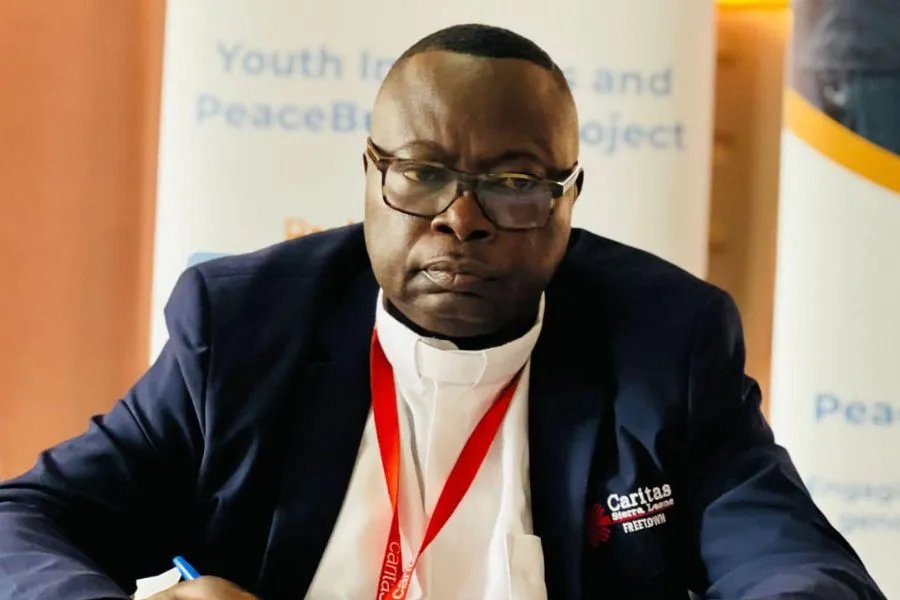Freetown, 23 June, 2023 / 9:00 pm (ACI Africa).
Catholic Relief Services (CRS) and Caritas Freetown have completed a training aimed at enhancing capacity to monitor and report violence before, during and after the Saturday, June 24 elections in Sierra Leone.
Speaking at the training on June 21, the Executive Director of Caritas Freetown, Fr. Peter Konteh, lauded the initiative, noting that information provided by the trained violence incidence monitors and reporters will be critical in identifying potential violence hotspots.
He said that while elections are a critical aspect of any democratic society, they can also be a source of conflict and violence if not properly managed.
“It is for this reason that we are here today to enhance our capacity to monitor and report on violence incidents during the upcoming elections,” Fr. Konteh said in his keynote address at the training.
He added, “At Caritas Freetown, we strongly believe that peaceful elections are crucial for the development and stability of our country. We recognize the role that violence incidence monitors and reporters play in ensuring that the elections are free, fair, and peaceful. The information they provide will be critical in identifying potential hotspots and addressing any incidents of violence that may occur.”








